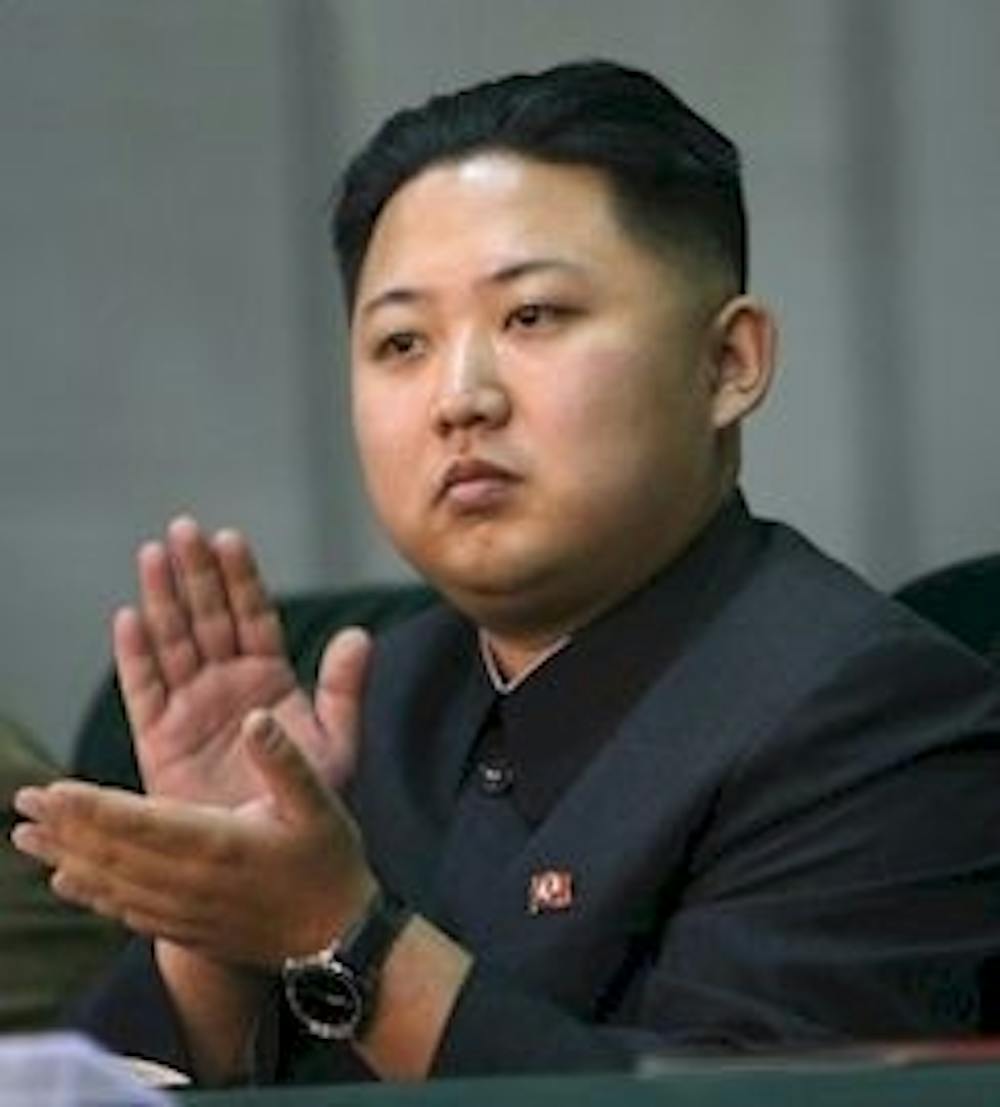North Korea has reemerged onto the national spotlight by conducting numerous missile tests in addition to engaging in an unnecessary insult war with President Donald Trump. There is no doubt that North Korea’s missile tests are concerning. Recent launches have indicated that North Korea has the potential to strike cities as far as Boston or New York, and North Korea’s nuclear capability has continued to grow unchecked despite sanctions. These unsettling events, however, should not force the United States to take a more aggressive role in checking North Korean nuclear power. Historically, North Korea’s actions are no different from its previous behavior, and has taken far more drastic actions in the past.
North Korea’s recent claim that the United States has declared an “act of war” for its recent show of force bears little difference to its prior accusations. The nation has accused the United States of declaring war no less than five different times — enough to warrant a parody article by the Onion. Such claims have historically been in response to threats of assassination, the imposition of sanctions or the adoption of a preemptive strike policy — actions which have had practical effects on the North Korean regime rather than just cosmetic shows of force. Incredibly enough, the regime has taken far more aggressive actions in the past. In 1976, North Korean soldiers killed two U.S. army officers for attempting to cut down a poplar tree. More recently, in 2010, a North Korean submarine killed 46 sailors and wounded 56 by sinking the ROKS Cheonan warship. Though retaliatory measures were taken — the United States launched Operation Paul Bunyan in response to the 1976 axe murders, and South Korea imposed sanctions estimated to cost North Korea some $200 million a year in response to the 2010 attack. In both cases, tensions between North Korea and outlying states did not escalate to full-scale warfare.
The United States stands to gain little from engaging in unnecessary rhetoric with the North Korean regime. As I have previously noted, numerous institutional factors limit our capability to respond to the state’s actions — including China’s relationship (albeit frosty) with North Korea and Seoul being within strike range of North Korean missiles. Escalating tensions with North Korea — for example, conducting a preemptive strike — would have dire consequences. Although China’s relationship with North Korea has deteriorated over the past few years, it remains North Korea’s top trading partner and may intervene in the event that the United States performs a preemptive strike. Though North Korea would undoubtedly be crushed in conducting full-scale warfare, any escalation would result in the death of tens of thousands of South Koreans and utterly cripple its economy. The collapse of the North Korean regime would also leave behind an overwhelmingly-impoverished nation lacking education and adequate food supplies, possibly resulting in a refugee crisis on a scale crushing that of the refugee crisis in the Middle East. For better or worse, the United States has its hands tied when dealing with North Korea. Any action which could result in all-out war would cause unprecedented human and economic damage for all nations involved.
It would be beneficial, therefore, for the leaders of the United States and North Korea to desist from hurling insults at one another. Despite claims to the contrary, a war between North Korea and the United States would only result in the utter destruction of the former, economic damage to the latter and the mass loss of human life in South Korea. The rhetoric brought forth from North Korea is more peaceful than the actions it has taken in the past (and possesses no difference from previous statements). Likewise, Trump’s unnecessary threats of “fire and fury” will have no positive impact on the regime. Rather than verbally threatening a nation already known for its usage of flowery language, taking a multilateral approach with key U.S. allies would present a more viable opportunity to counter North Korea’s actions.
William Wong is an Opinion columnist for the Cavalier Daily. He may be reached at opinion@cavalierdaily.com.





